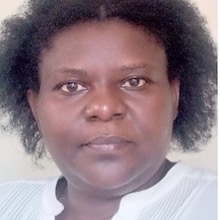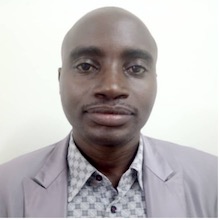About this CARP project
In Tanzania, changing weather patterns are witnessed among the rural agricultural communities. To engage in farming activities all year round, communities have adapted water pumps that drill underground water for irrigation. However, the challenges associated with this adaptation mechanism to the soil and community are not well known. This research project using qualitative approaches and laboratory tests, will establish how the use of water pumps facilitates farming in the rural communities in the Kilimanjaro region and the associated challenges.
Study site
Moshi rural, Kilimanjaro Region, Tanzania.
Main Research Questions
- Why have the rural agricultural communities, among other options, resorted to using water pumps for irrigation?
- How does water pumping for irrigation affect underground water quality and scarcity?
- How can local communities participate in co-managing water pumping for rural agricultural activities to enhance sustainable underground water use?
The project relates to disaster risk reduction and climate adaptation because it acknowledges that people from the Kilimanjaro region have been vulnerable to unpredictable weather patterns. Thus, they have resorted to the use of water pumps, which may further accentuate the climate change risks in the long run. Without controlled groundwater pumping, this may eventually contribute to social clashes or disruption of community livelihood, polluting of the soil, and consequently, food insecurity. The research project seeks to help communities understand climate change vulnerabilities collectively and how to overcome or prevent them and create awareness about responsible water management mechanisms. It will also inform policymakers and practitioners on relevant and appropriate strategies for community intervention concerning changing weather patterns and adaptation mechanisms to ensure food security.

Dr. Said Nuhu
Research Fellow
Ardhi University, Tanzania
Principal investigator
sanutelaky@gmail.com

Florence Muheirwe
PhD student
Ardhi University, Tanzania

Dr. Leonard Sibomana

